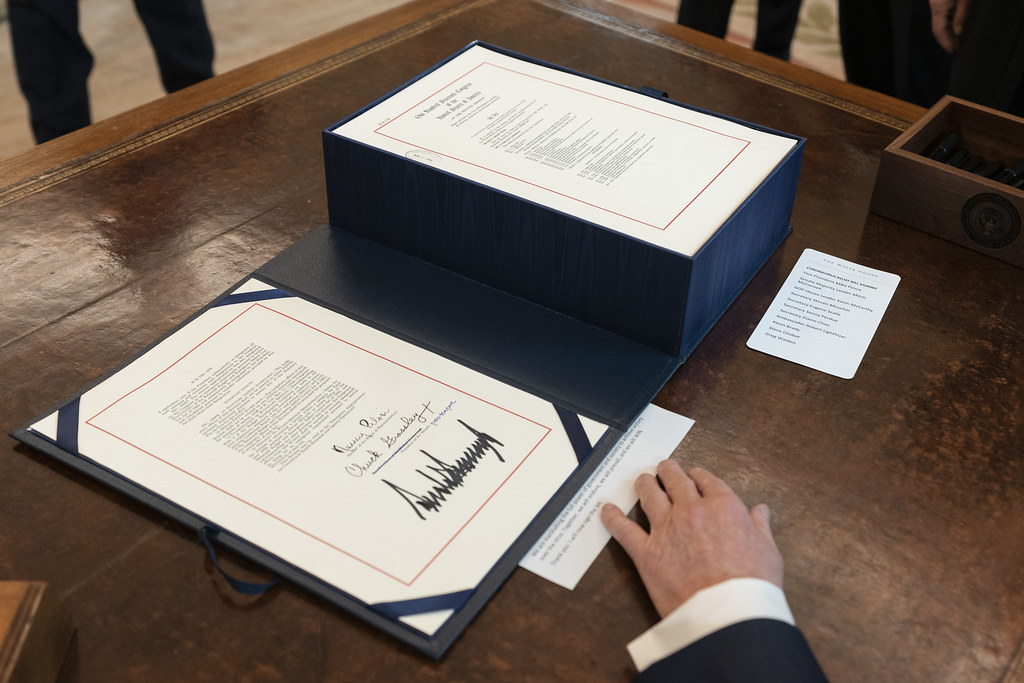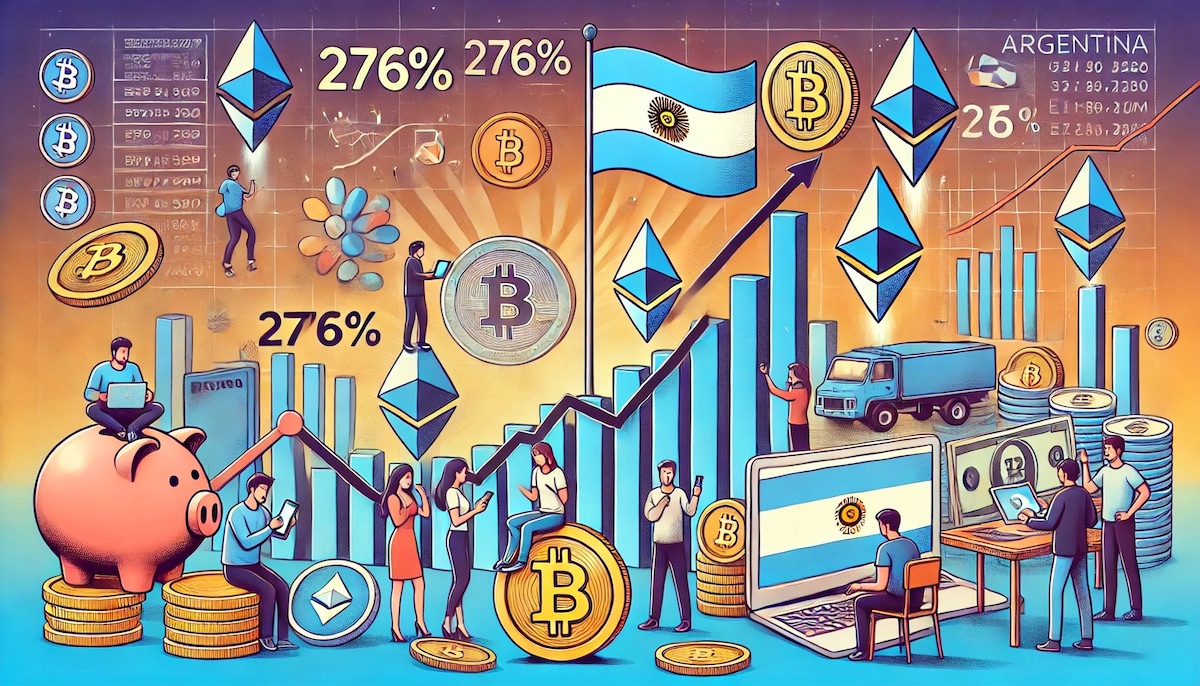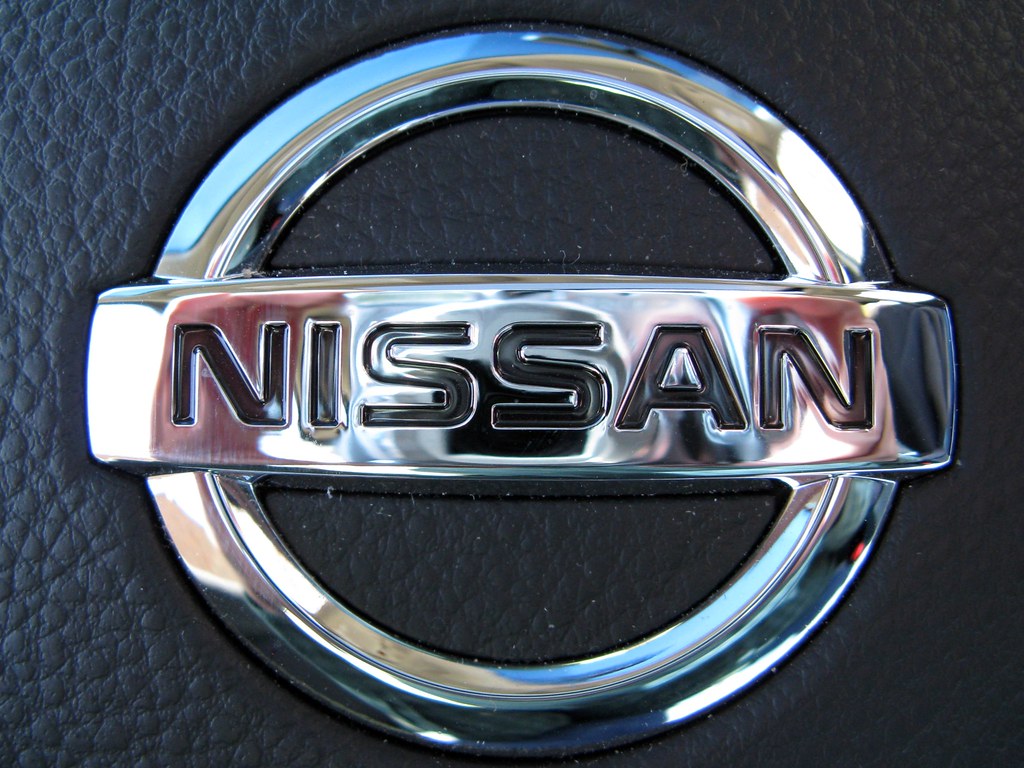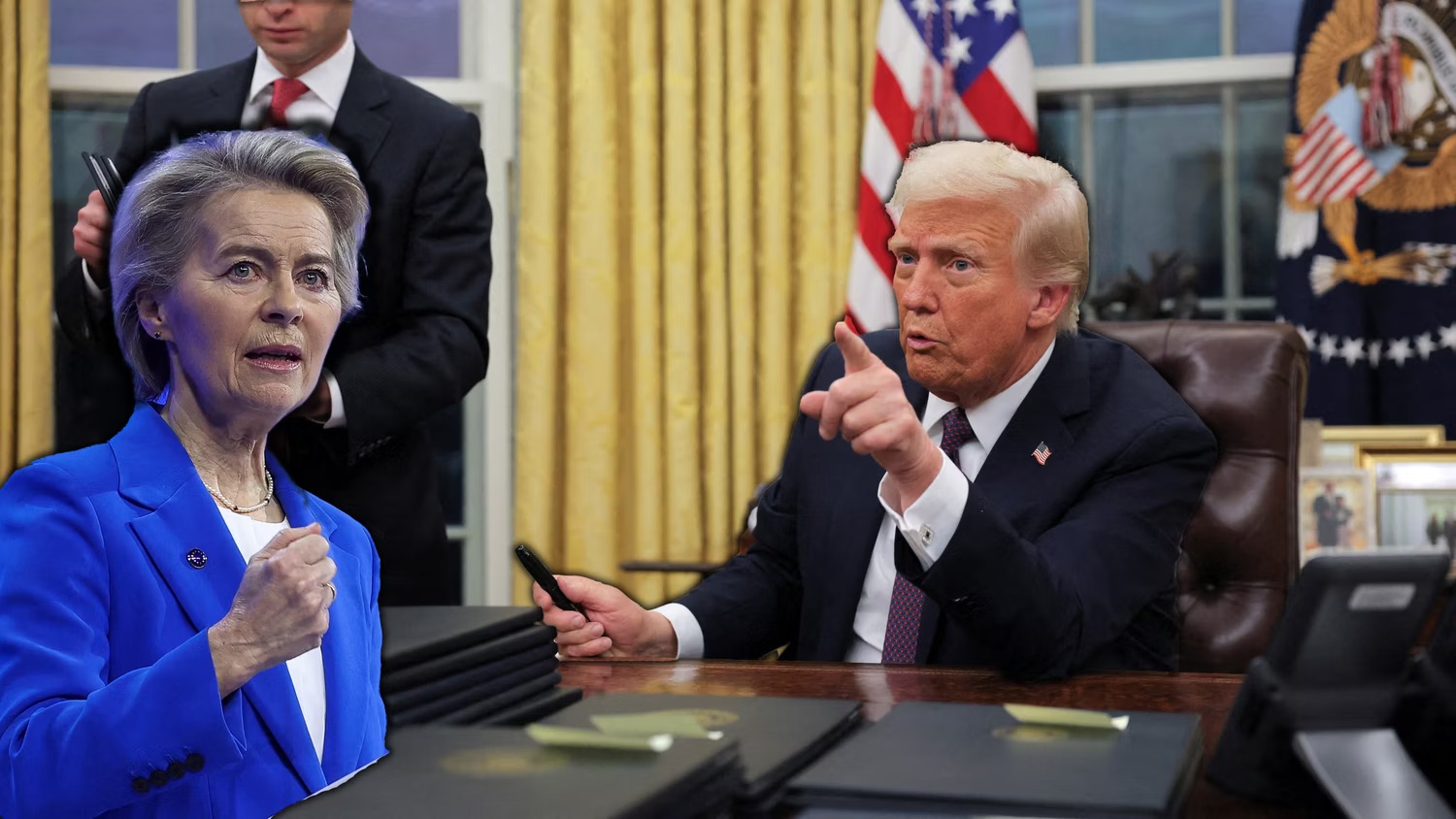Cryptocurrency adoption in Argentina has reached record levels as the country grapples with a skyrocketing inflation rate.
Leading the Western Hemisphere in Crypto Adoption
Argentina has been leading the Western hemisphere in cryptocurrency adoption, driven by an annual inflation rate of 276%, according to analysts from Forbes. The country’s adoption rate as a share of its global population is higher than any other nation in the Western hemisphere.
Forbes analysts reported on July 8 that out of 130 million visitors to 55 of the largest crypto exchanges worldwide, 2.5 million came from Argentina. This data, sourced from SimilarWeb, highlights the significant presence of Argentine users in the global crypto market.
Argentina has also emerged as the top market for Binance, one of the world’s largest cryptocurrency exchanges, in terms of visitors. According to SimilarWeb, website traffic from Argentina accounts for 6.9% of Binance’s total visits.
Preference for Stablecoins Over Memecoins
In contrast to the global surge in memecoin popularity, crypto adoption in Argentina is primarily driven by stablecoins like Tether (USDT). Maximiliano Hinz, Bitget’s head of Latin America, noted that Argentines prefer holding stablecoins to hedge against local inflation.
“Argentina is an anomalous market where many people buy USDT and don’t leave room for much else,” Hinz said. “We don’t see this elsewhere. Argentines buy spot Tether and don’t do anything with it.”
Stablecoins like USDT are designed to maintain a stable value by pegging to a reserve of US dollars at a 1:1 ratio. Given Argentina’s massive local inflation rates, holding money in USDT is a practical solution for preserving value, despite the country’s lack of significant measures to protect stablecoin investors.
Regulatory Challenges
Despite Argentina’s friendly stance towards cryptocurrencies like Bitcoin (BTC), the country has struggled to establish a regulatory framework for the industry. In late 2023, following the election of President Javier Milei, Argentina officially endorsed the use of Bitcoin in legally binding contracts.
Since then, the government has been working to regulate the local cryptocurrency market, introducing registration requirements for crypto firms in April 2024. However, these efforts have not yet translated into widespread regulated cryptocurrency services for the population.
Forbes reported that none of Argentina’s top crypto exchanges, including Binance, have registered with the national securities regulator, Comisión Nacional de Valores (CNV). This lack of registration suggests ongoing challenges in enforcing regulatory compliance.
Maximiliano Hinz commented, “To the best of my knowledge, there is no licensing requirement in the Latin American countries where Bitget operates.”
| Aspect | Details |
|---|---|
| Inflation Rate | 276% annual inflation |
| Crypto Adoption | Highest in the Western hemisphere by population share |
| Visitors to Crypto Exchanges | 2.5 million Argentine visitors out of 130 million globally |
| Top Market for Binance | Argentina accounts for 6.9% of Binance’s total website traffic |
| Preferred Cryptocurrencies | Stablecoins like Tether (USDT) |
| Regulatory Efforts | Introduction of registration requirements for crypto firms |
| Compliance Issues | Top exchanges not registered with CNV |
The rapid adoption of cryptocurrencies in Argentina highlights both opportunities and challenges. While the use of stablecoins offers a practical solution for inflation protection, the lack of a robust regulatory framework poses risks.
- For Regulators: Accelerate the development of clear and comprehensive regulations to protect investors and ensure market integrity.
- For Crypto Exchanges: Engage with regulatory authorities to achieve compliance and build trust with users.
- For Investors: Stay informed about regulatory changes and choose exchanges that prioritize security and compliance.
Argentina’s record-breaking cryptocurrency adoption amid a 276% inflation spike underscores the critical role digital assets play in economic stability. While the preference for stablecoins like Tether provides a hedge against inflation, the country must address regulatory challenges to ensure a secure and transparent market for all participants.










